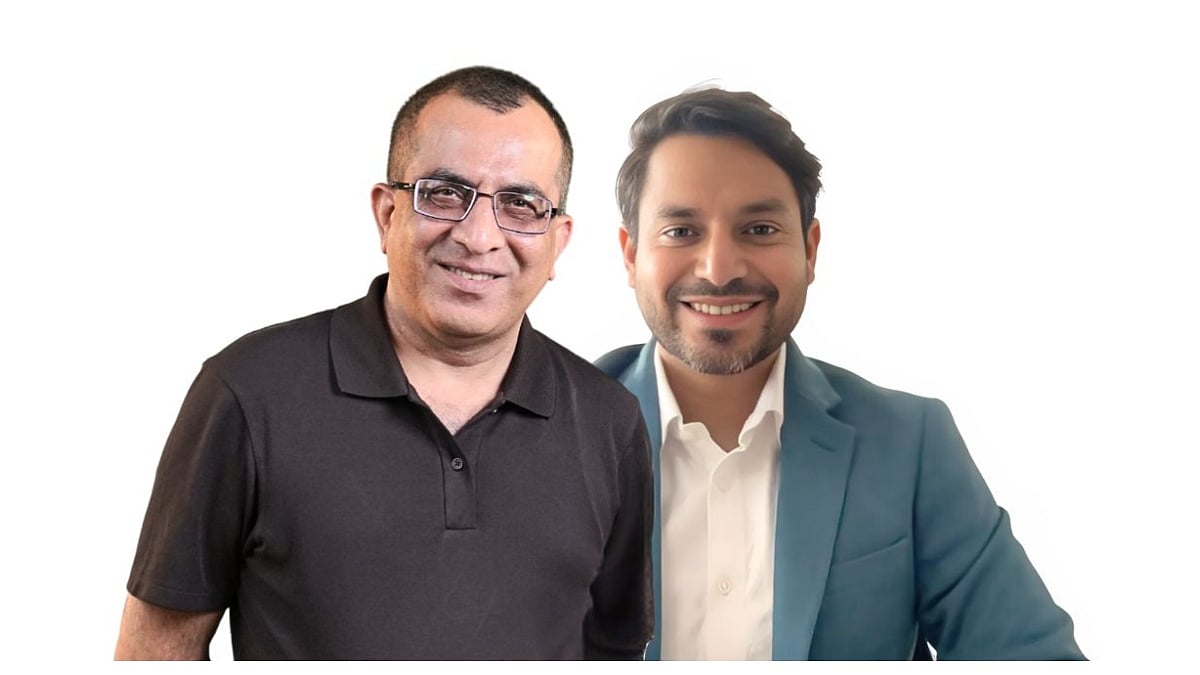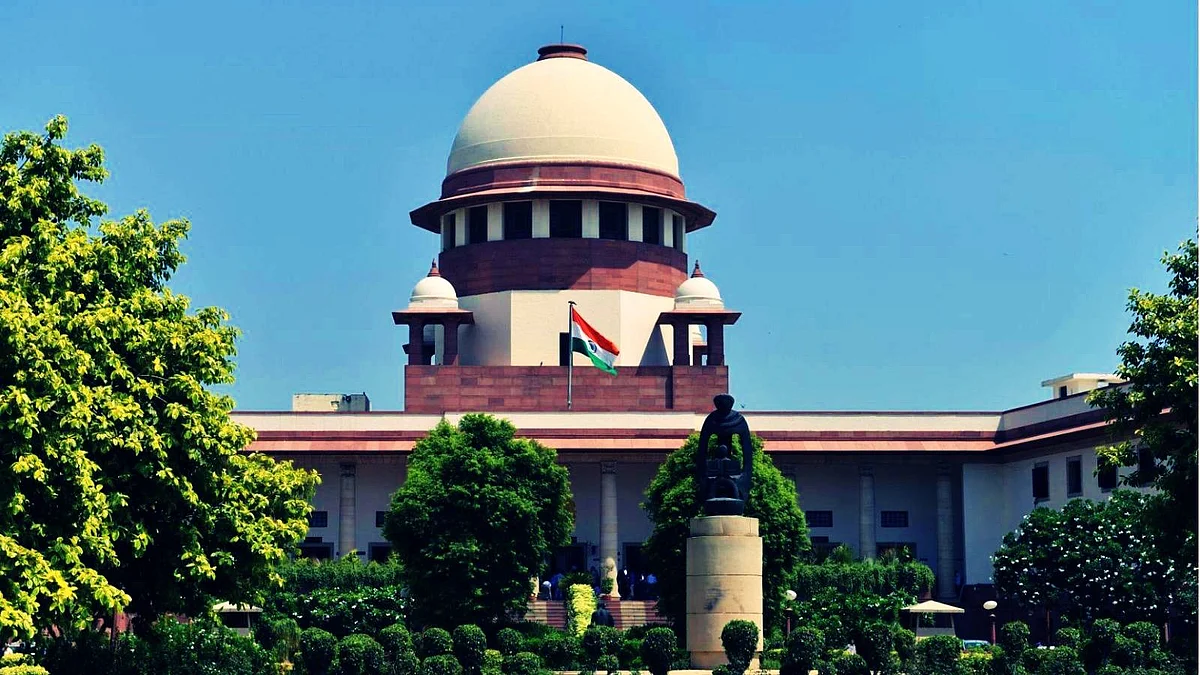The current protests in Iran around the hijab and the ensuing debate in India around choice are intriguing. On the surface, women in Iran are protesting against the hijab and being lauded by the mainstream, pro-government Indian media. This is happening to portray a contrast between what happened in India recently, with protests against the regime’s apparatus where Muslim students were forced to take off their hijab to enter classrooms in Karnataka and a few other parts of the country. The point made by the pliable Indian media is how action against hijab is justified in India when women of a Muslim country like Iran are against it. What this orchestrated debate — which wants to drive us to a specific point — is missing is that choice is often a function of our life situation and conditioning.
A person born and raised in Mexico would probably choose to eat chicken fajitas every time over chicken biryani, all the while thinking it is a conscious choice they are making. That is normal. What is not is when you go outside of your conditioning and current situation and want to make a different choice. Almost always, such a choice that goes against the grain is about subverting the authority that governs your daily life and, therefore, choices. Like what is happening in Iran or what happened in India. Confusing the choices made by bright, young women in Iran and India is naïve or, worse, diabolical on the part of Indian media houses.
To see protests in this light, not just in these two cases but in any other situation, would make it much easier to understand protests and why they happen and, more importantly, where to place ourselves morally around something like this. So, when the Hindu minority in Pakistan or Bangladesh speaks up for their rights in those countries, they are going against the dominant authority of the state. Same as when Indian Muslims protest against a law like the CAA/NRC. The CAA protests were interesting because the media, which is usually following talking points provided by the government, was saying the law should be supported since it is an endeavour to expand rights (of the minority communities in our neighbouring countries). And, in general, any law that tries to expand rights is a good law while any law that tries to curtail it isn’t (like the abortion rulings in the U.S.). In the case of the CAA, the law was also trying to get the minority Indian Muslim population to reaffirm their citizenship by proving to a state, which notoriously does not like them and would use any means to marginalize them, that they are citizens.
Outside of that, choice by itself is just a material of our conditioning, so while in principle you may not agree with a person making a certain choice, you can still support them if your lens to look at them is filtered with the idea of choice and authority. In fact, we would all be better off if we understood how our conditioning impacts the choices we make and allow others to engage in what they choose to do. Our assessment of others is made on an assumption of not on who they are but who they are not, i.e. ‘not us’. So, when a Westerner meets a Hindu who worships idols, they see someone who is unlike them and therefore barbaric. And when a Hindu upper-caste vegetarian meets someone who eats meat, to them they are impure. We are always judging ‘the other’ and the choices they make based on our personal preferences, birthing a casual xenophobia with every interaction.
I once asked a dear friend what he would want to eat if he could only eat one thing for the rest of his life and he said without a second thought, ‘Biryani.’ I said what about chicken fajitas and he made a face and said, ‘Not as good as biryani.’ This ‘choice’ quandary is also why it is so tough to be objective when looking at others and their way of life and the food they eat, and that loss of objectivity fuels our narrow parochial desire to feel better than them but, in some cases, makes them better per our standards like Kipling said about ‘the White man’s burden’. But humanity has grown a lot more since Kipling and now, if you want to, it is not too difficult to see others and not colour them by your expectations and to appreciate the diversity they bring into your lives. Of course it is subject to how you understand choice and, in some cases, how much you want to.
At the end of the day, when you find yourself in a predicament over whom to side with when you do not fully understand the choices they are making, an easy test would be to stand by those who are fighting authority. Stand by those who fight those who have more power. Stand by those who have no tools, just the courage of their convictions.
Raj Shekhar Sen is based out of San Francisco and works in the area of data privacy regulations. He also runs a podcast on politics called the Bharatiya Junta Podcast.








.jpg)

